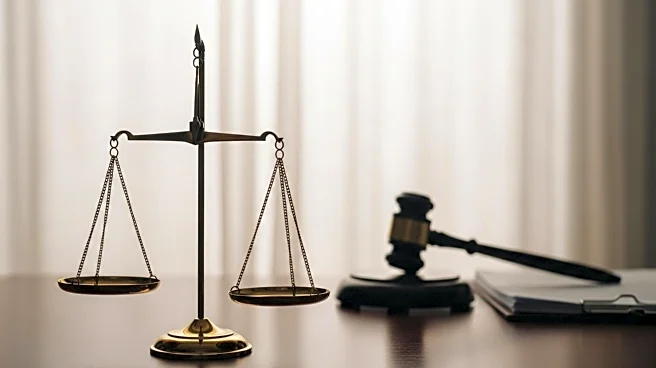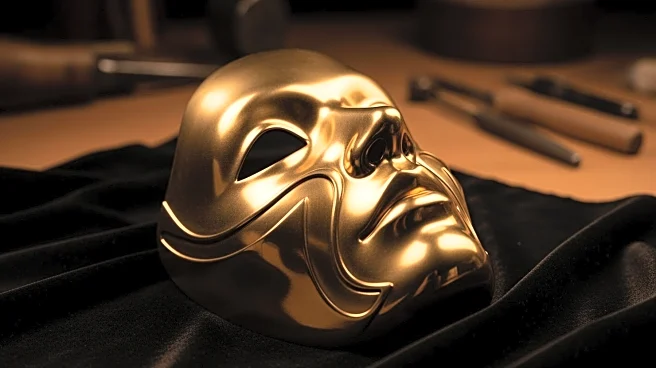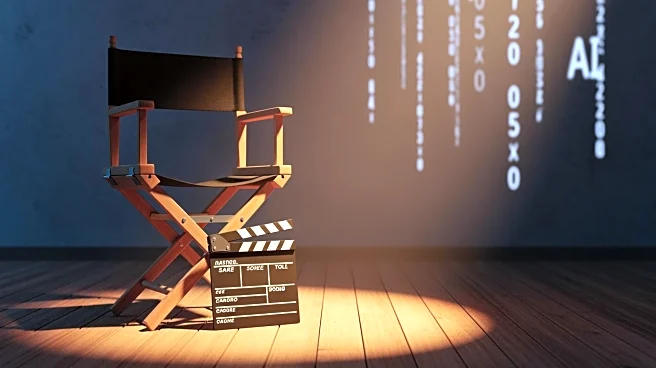What's Happening?
The Supreme Court has agreed to review Hawaii's stringent regulations on concealed firearms, a decision influenced by President Trump's administration. The case challenges Hawaii's law that prohibits carrying guns on private property open to the public unless explicitly permitted by the property owner. The law was contested by residents and the Hawaii Firearms Coalition, leading to a legal battle that saw a lower court block the law, only for the 9th U.S. Circuit Court of Appeals to reverse the decision. The petitioners argue that the law infringes on Second Amendment rights, while state attorneys maintain it balances gun rights with public safety.
Why It's Important?
The case could redefine the scope of Second Amendment protections, potentially affecting gun regulations nationwide. The Supreme Court's decision may influence how states can regulate firearms on private property, impacting both gun owners and public safety policies. The ruling could set a precedent for future legal challenges and legislative actions regarding gun control, with implications for states with similar laws.
What's Next?
The Supreme Court has yet to schedule arguments for the case, but the decision will likely have significant ramifications for gun legislation across the U.S. Stakeholders, including gun rights advocates and public safety groups, are expected to engage in lobbying and advocacy efforts as the case progresses. The outcome may prompt legislative changes or further legal challenges depending on the court's ruling.
Beyond the Headlines
The case underscores the ongoing debate over the balance between individual rights and public safety. It raises questions about the historical context of gun laws and their relevance in contemporary society. The decision could influence future interpretations of the Second Amendment and shape the legal landscape for gun rights and regulations.










